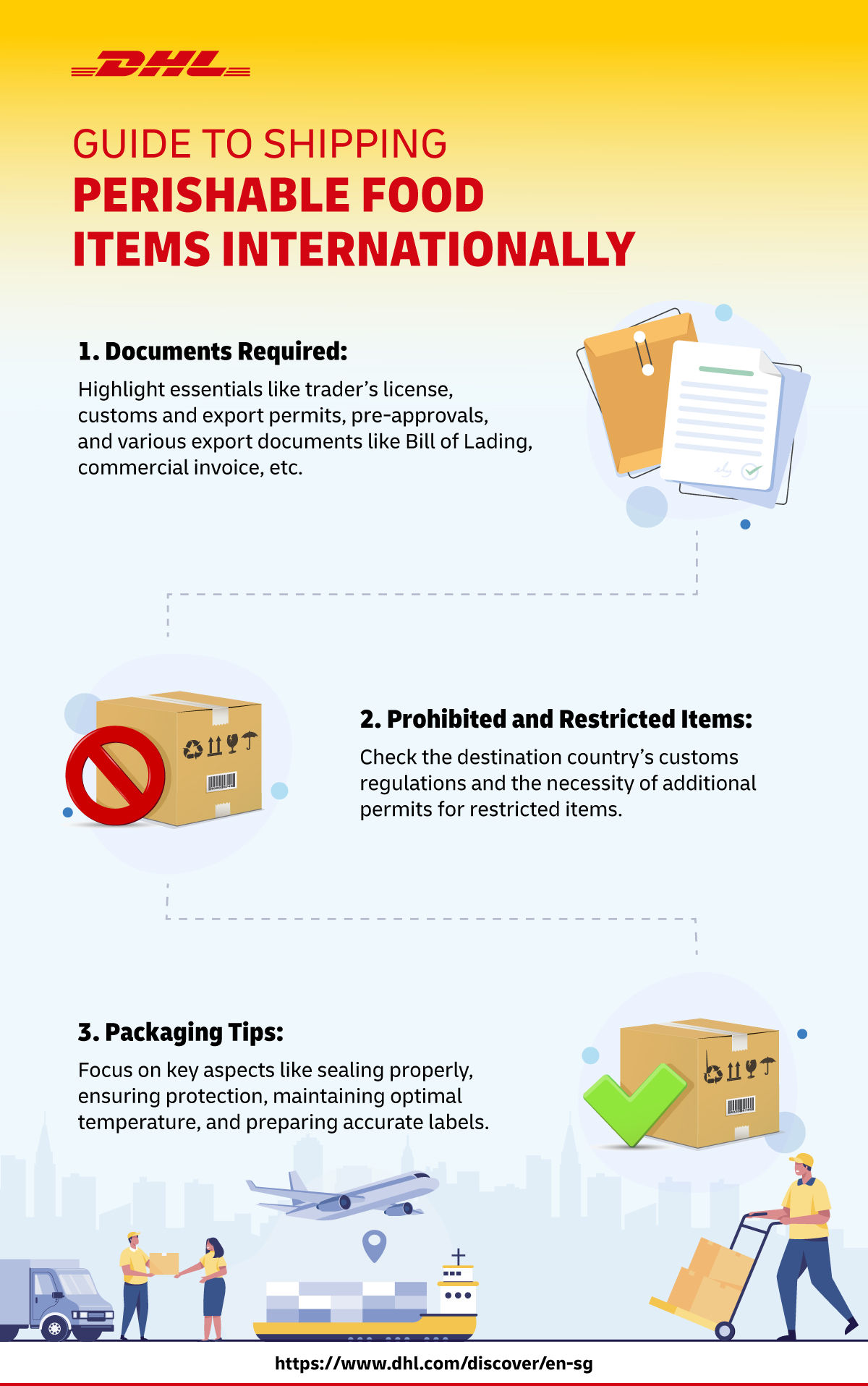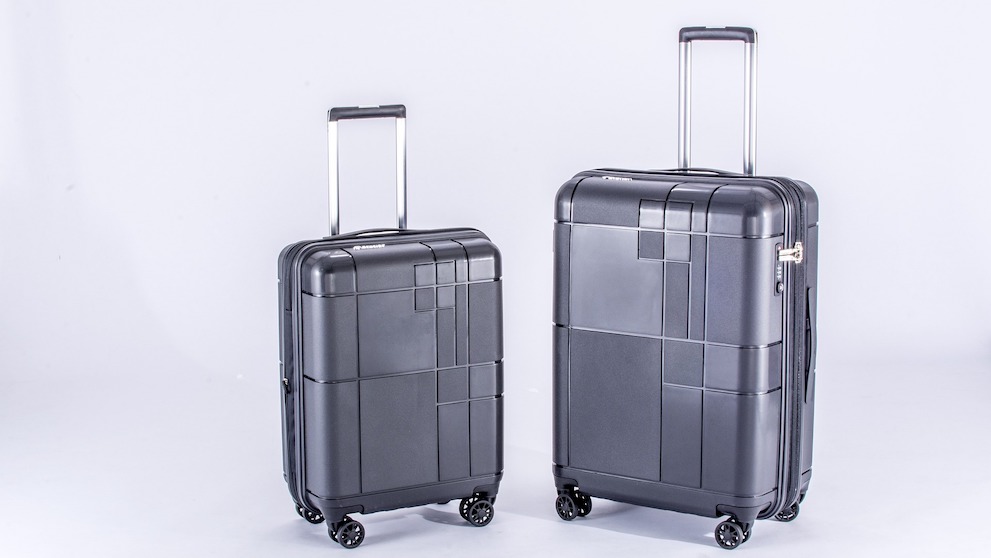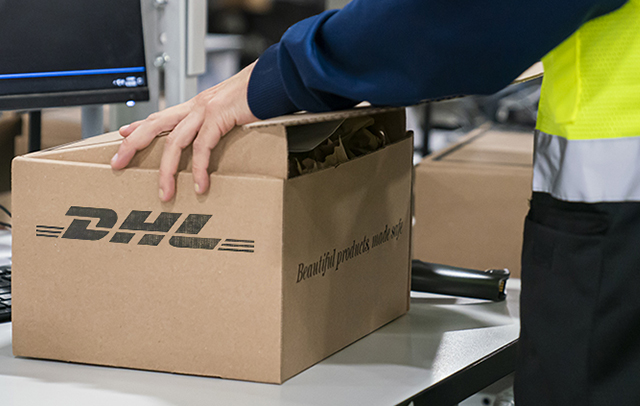Perishable foods are food items that go bad if they are not kept cool at specific temperatures. They have short shelf lives and need to be refrigerated or kept frozen. Examples of perishable foods include:
- Meat
- Fish
- Poultry
- Eggs
- Dairy products (eg. butter, cheese, cream, etc.)
- Fruits
- Vegetables
Local businesses in Singapore looking to export perishable food items can benefit from the rising demand in the Asia Pacific. According to a joint report by PwC, Temasek and Rabobank in 2021, Asia is the largest region in the global food market – taking up 50% of the share in 2020. Consumers are forecasted to spend an additional US$4.4 trillion on food over the next 10 years. These consumers are also seeking value in purchases instead of only affordability, emphasising health, freshness and sustainability, beyond taste.
These statistics reflect the lucrative domain businesses can tap on when looking at global trade, but smooth deliveries can only occur when the right processes are followed. This guide discusses all you need to know about shipping perishable food abroad, including packaging instructions and the documents required for customs clearance. If you’re intending to ship mooncakes, poultry, fruits, vegetables or other perishable food, read on to learn how you can do so.
Why is it important to follow shipping guidelines when shipping perishable items overseas?
Following shipping guidelines when exporting food overseas is crucial to ensure the safety and legality of the products. Whether you’re sending canned packages or frozen food, each type of perishable item comes with rules that have to be followed for cross-border trade. Adhering to these guidelines helps protect public health, prevent the spread of contaminants and diseases, and comply with the regulations set by a country's health department and other regulatory agencies.
Some of these guidelines include those for packaging, labelling and manufacturing.
Non-compliance can result in shipment transit delays, additional costs and even the seizure or destruction of goods by authorities. Therefore, thoroughly understanding the export and import regulations of the specific countries involved is important when sending perishable food items overseas. You’ll be able to provide all required export documentation and authorisations, and avoid potential delays and additional costs imposed by regulatory authorities.
How to ship food overseas
1. Documents required to ship perishable food
In Singapore, the export of food products is regulated by the Singapore Food Agency (SFA). Key requirements include the following:
Eligibility: Check whether your destination country allows the importation of your perishable goods.
Licence: You must apply for a trader’s licence from the SFA when shipping perishable items based on specific food classifications. Please note that processed eggs, processed food and food appliances will not require the trader’s licence.
Permits: You must also obtain a customs permit and export permit through TradeNet before exporting these items. For the export permit, you need to supply key information about the perishable foods being shipped, including their licence number, product codes, quantities, and health certificate number.
Pre-approvals: You also need to seek pre-approvals from the Competent Authority of the importing country before your products are allowed entry.
Export documents: Depending on the country to which meat products are being shipped, you may be required to prepare a range of export documents, such as the Export Health Certificate and Free Sale Certificate.
Aside from the above, when shipping perishable food internationally, you also need to provide the following documents:
Bill of Lading
Sales contract
Certificate of origin
Other supporting documents, depending on the country of export
2. Prohibited and restricted items
Some countries prohibit certain perishable goods from entering their borders. Therefore, you should always check the destination country’s regulations to ensure that their authorities permit the goods you wish to export. Almost all edible items are classified as restricted when being exported from Singapore. Hence, when shipping perishable items abroad, you will require additional permits and licences from the SFA.
3. Packaging tips to keep food fresh
When shipping perishable items, you must ensure that they remain fresh during transit. Using the right packaging, therefore, is key. The following tips are important in this regard:
Understand each food product's needs: One type of packaging may be appropriate for an item but may not be suitable for others.
Seal properly: Use airtight or vacuum-sealed bags to protect perishable items from air and moisture.
Ensure protection: Pack fruits and vegetables in appropriately-sized and well-padded boxes to ensure they do not collide and damage one another in the cargo.
Maintain optimal temperature: When shipping frozen food, ensure that the products are kept frozen, both when in the warehouse and during transit, which means sending such items in ordinary mail is not appropriate. You need to ensure optimal temperatures, and you can do so by using gel packs, dry ice or liquid nitrogen technology. Shipping frozen food with dry ice keeps it cold until it reaches the logistics company and begins its journey towards its destination for delivery.
Prepare accurate labels: Ensure the package contains the proper labels and handling instructions, including temperature requirements. This ensures everyone knows they need to be handled and kept at specific temperatures.
Plan early: Ship the product as early as possible.
Upon packaging these food items properly, the most important step is to partner with a reliable international express courier company capable of transporting perishable foods internationally. You may want to go for the cheapest way to ship them, but paying attention to the service provider’s quality and knowledge is key.
Country-specific insights on shipping perishable and frozen food items
Every country has specific requirements when it comes to shipping food overseas, whether they’re frozen, packaged or otherwise. Here are insights from key countries Singapore ships to:
European Union (EU)
Frozen and other perishable food items imported into the EU are stopped and checked at the first point of entry and must carry all necessary sanitary documentation. The Ministry of Health may take several days to authorise the goods' entry into the EU, and additional costs may apply. Goods of animal origin require veterinary controls and authorisation, while plant-based items like herbs and tea need phyto sanitary checks and authorisation.
Veterinary border control plays a vital role in ensuring the safety of live animals and animal products entering the EU. These imports pose significant risks as they can transmit serious human and animal diseases. Consequently, they must undergo specific controls at their point of entry, known as Border Control Posts (BCPs). A consignment of live animals or animal products can only enter the EU if it has satisfactorily undergone these checks and obtained a Common Health Entry Document (CHED) issued from TRACES (TRAde Control and Expert System). TRACES is a centralised database that monitors consignments of live animals and animal products checked at BCPs, enabling data exchange on import controls with customs authorities.
United States
The United States has implemented regulations to protect against bio-terrorist threats to its food supply, with a focus on food from foreign sources. The Public Health Security and Bio Terrorism Preparedness and Response Act of 2002 (Bioterrorism Act of 2002 [BTA]) led to the US Food and Drug Administration (FDA) outlining specific requirements on the importation of perishable food, from frozen meats to dairy products to beverages.
There are two main aspects to these shipping regulations:
Registration of facilities: The FDA mandates that domestic and foreign facilities involved in the manufacture, processing, packing or holding of perishable food for human or animal consumption in the US must register with the FDA. Farms, retail facilities, restaurants and non-profit food facilities are exempt from this requirement, as are private individuals sending or receiving items for personal use.
Prior notice (PN) on the food imports: US purchasers, importers or their agents must submit prior notice to the FDA regarding the importation of food. This information is used to evaluate and decide whether to inspect imported food from overseas. Prior notice must be submitted no less than four hours before flight arrival and no more than five days before shipment arrival. The requirements apply to all food imports, regardless of quantity, purpose or type of transaction.
Certain items are exempt from prior notice requirements. These include:
Personal food shipments
Food in household goods
Food purchased by a traveller and mailed to their US address
Gifts purchased at a commercial establishment and shipped by the purchaser who is not a commercial establishment.
Do note that separate identification of each food item is required, which includes:
Standard, widely recognised name or trade name
Quantity specified, ranging from the smallest package size to the largest container (inclusive of the packaging material utilised for the food item)
Batch or code numbers, or other unique identifiers
Full name and address of the manufacturer or supplier, along with their FDA registration number (if applicable)
Country where the product originated (via a certificate of origin)
Full name and address of the shipper, including their FDA registration number (if applicable)
Full name and address of the importer, buyer, or final consignee, as well as their FDA registration number (if applicable)
Clear identification of the food or food product on the Express Worldwide pre-alert air waybill description and invoice description
Additionally, the US Fish and Wildlife Service (FWS) regulates imports and exports of non-domesticated animals and enforces the Convention on International Trade in Endangered Species of Wild Fauna and Flora (CITES). Importers of commodities regulated by FWS should be aware of additional regulatory requirements, including the need for valid CITES documents.
The Lacey Act, first enacted in 1900 and significantly amended in 1981, combats trafficking in illegal wildlife, fish and plants. The Food, Conservation, and Energy Act of 2008 amended the Lacey Act to require importers to submit a declaration at the time of importation for certain plants and plant products.
Canada
In Canada, all perishable cargo transported into Canada is regulated by the Canadian Food Inspection Agency (CFIA). To obtain the latest CFIA import requirements, you may refer to the Automated Import Reference System (AIRS). AIRS is an automated reference tool that guides users through a series of questions about the product's Harmonised System (HS) Code, origin, destination, end use and other qualifiers. The tool provides recommendations, importer/broker instructions, documentation instructions and other necessary information.
For non-commercial or personal imports, there are restrictions on food items brought into Canada, varying depending on the item, its origin, and the Canadian province of destination or delivery. These are prescribed by the Safe Food for Canadians Regulations (SFCR). For example, baked goods and confectionaries shipped cannot include meat. Frozen meat items, on the other hand, cannot be imported by mail or courier. Description of food and country of origin must be indicated on the food packaging.
More information on these restrictions can be found on the CFIA website. For commercial imports (B2B), the CFIA also provides a step-by-step guide on preparing perishable food cargo for transportation into Canada.
Australia
The Department of Agriculture, Fisheries and Forestry (DAFF) oversees the import of certain products. Any biosecurity border holds can cause delays of 48 to 72 hours minimum. Goods identified as biosecurity risks may require assessment and inspection, incurring additional charges.
Commercial quantities of perishable food shipped – more than one kilogram or one litre per consignment – are subject to strict nutrition labelling in accordance with Australian and New Zealand food standards. If package labelling and documentation do not meet these standards, goods may need relabelling, exporting or disposal. This is the responsibility of the importer.
Other high-risk commodities include alcoholic beverages, animal products, animal skins, coffee, foodstuffs, medicinal cannabis, perishables, plant products, seeds, tea and tobacco products. These items may require import permits and are subject to various restrictions.
The Biosecurity Import Conditions Database (BICON) helps users determine import conditions and permit requirements. Businesses are advised to consult BICON and the DAFF for more information on shipping high-risk food items to Australia.
New Zealand
The Ministry for Primary Industries (MPI) often requires biosecurity clearance at the border, causing a minimum two to three-day delay. Additionally, MPI may request an inspection, incurring extra costs of approximately NZ$65 per shipment.
Certain foods, particularly those of animal origin or plant-based items, may require authorisation by the importer.
Perishable cargo often accumulates in DHL's bond storage facility due to missing paperwork or customers refusing to pay inspection fees requested by government authorities. You’re advised to clear all formalities to avoid further delays to your shipment. For more information, visit the MPI website.
China
When it comes to shipping perishable items to private individuals, certain animal and plant products are prohibited in China. When importing such personal effects, the description should indicate personal use with reasonable quantities, and the consignee must be an individual. The total value should be less than or equal to CN¥1000 (≤CN¥800 if originating from Hong Kong, Macao and Taiwan).
Certain commodities must adhere to customs reference value limits. For example, the customs reference value for red wines is CN¥200 per bottle. According to the value limit, you are only allowed to ship a maximum of five bottles from Singapore to China. The selling price of the red wines per bottle is not considered in the calculation.
Importers should also provide a copy of the consignee's ID, a detailed list of the commodities, and proof of purchase if requested by customs.
Frozen, canned and other foodstuff shipments for commercial purposes, including samples, must be declared as formal entry. This is governed by the Measures for the Administration of Import and Export Food Safety. Importers and exporters must register with China Customs and obtain the necessary permits before importing food. Supporting documents, such as sanitary certificates, quarantine licences and origin certificates, are required for various food products. Packaged food must have labels in Chinese, and special foods like dietary supplements must be registered with the China Food & Drug Administration (FDA).
Items from the following Japanese cities are prohibited from shipping into China, an important rule to take note for Singaporean businesses engaged in dropshipping:
Fukushima
Gunma
Tochigi
Ibaraki
Miyagi
Yamagata
Niigata
Nagano
Yamanashi
Qiyu
Tokyo
Chiba
Challenges of sending food overseas
Perishability and temperature control
Shipping food overseas presents the challenge of perishability and maintaining proper temperature control in the cargo. Ensuring that perishable items are transported in temperature-controlled shipping containers and monitoring their conditions throughout the journey by air is crucial to maintaining their freshness and quality. Engaging cold chain logistics, for instance, can protect the quality of frozen food items during delivery.
Temperature-controlled air freight is typically one of the best solutions for shipping perishable items.
Compliance with regulations and customs
Complying with the diverse regulations and customs requirements of different countries is a significant challenge when sending food overseas. Importers and exporters must navigate complex laws, obtain necessary permits, pay correct amounts of duties and taxes, and provide documentation to meet food safety standards. These help to avoid delays, fines or confiscation of goods.
Packaging and labelling
Proper packaging and labelling are essential when shipping food overseas. Packages must be sturdy enough to withstand the rigours of international transport and protect the contents from damage. Additionally, labels must meet the requirements of the destination country, including language, ingredient lists and any other necessary information, to ensure compliance with local laws and regulations.
At DHL Express, we understand the logistics involved in importing and exporting temperature-sensitive goods safely from one destination to another.
By employing our best transportation technology and offering same-day or next-day door-to-door delivery, you can rest assured that your products can reach your intended customers in optimal shape, that too in the shortest time possible. Sign up for a DHL Express account today to learn more about how you can securely ship globally.



































